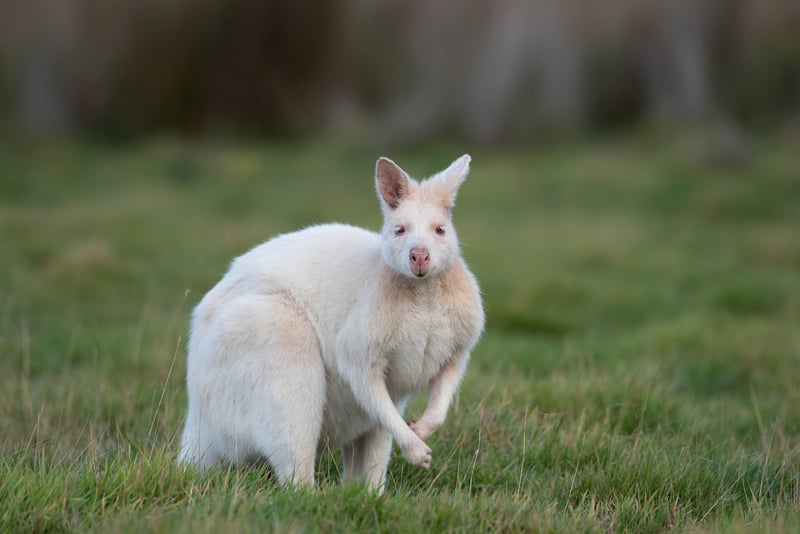Botanical Genetics
Exploring Innovative Plant Studies and Botanical Genetics
Plants have always been a subject of fascination for scientists and researchers due to their diverse characteristics and essential role in the ecosystem. In recent years, there has been a growing interest in innovative plant studies and botanical genetics to unravel the mysteries of plant life and improve agricultural practices. Let's delve into some of the exciting developments in this field.
The Rise of Plant Biotechnology
Plant biotechnology has revolutionized the way we perceive and interact with plants. By utilizing genetic engineering techniques, researchers can enhance desirable traits in plants, such as disease resistance, nutrient content, and yield. This technology has the potential to address food security challenges and promote sustainable agriculture.
Exploring Plant Microbiomes
Researchers are increasingly focusing on the role of plant microbiomes in shaping plant health and productivity. The intricate relationship between plants and microorganisms in the soil has significant implications for crop growth and resilience. Studying plant microbiomes can lead to the development of novel biofertilizers and biocontrol agents.
CRISPR-Cas9 and Gene Editing
The CRISPR-Cas9 gene editing tool has opened up new possibilities in plant genetics research. Scientists can now precisely modify plant genomes to introduce beneficial traits or improve crop performance. This technology holds great promise for creating crops that are more resilient to environmental stressors and pests.
Botanical Genetics: Unraveling Plant Diversity
Botanical genetics delves into the genetic diversity and evolutionary history of plants. By studying plant genomes, researchers can uncover the mechanisms behind plant adaptation and speciation. This knowledge is crucial for conservation efforts and the development of climate-resilient crops.
Genomic Sequencing and Phylogenetics
Advancements in genomic sequencing technologies have enabled scientists to unravel the genetic code of various plant species. Phylogenetic analysis helps us understand the evolutionary relationships between different plant taxa and provides insights into their shared ancestry.
Genetic Conservation and Breeding
Conserving plant genetic diversity is essential for maintaining resilient ecosystems and ensuring food security. Through targeted breeding programs, researchers can develop crop varieties that are adapted to specific environmental conditions and possess valuable traits for human consumption.
Conclusion
The field of plant studies and botanical genetics is rapidly evolving, offering exciting opportunities to unlock the potential of plants for the benefit of society and the environment. By harnessing the power of biotechnology and genetic research, scientists are paving the way for a more sustainable and food-secure future.
Explore the wonders of plant science and delve into the intricate world of botanical genetics to discover the hidden secrets of nature's green inhabitants.


For more information on plant studies and botanical genetics, check out Botanical Society of America.
